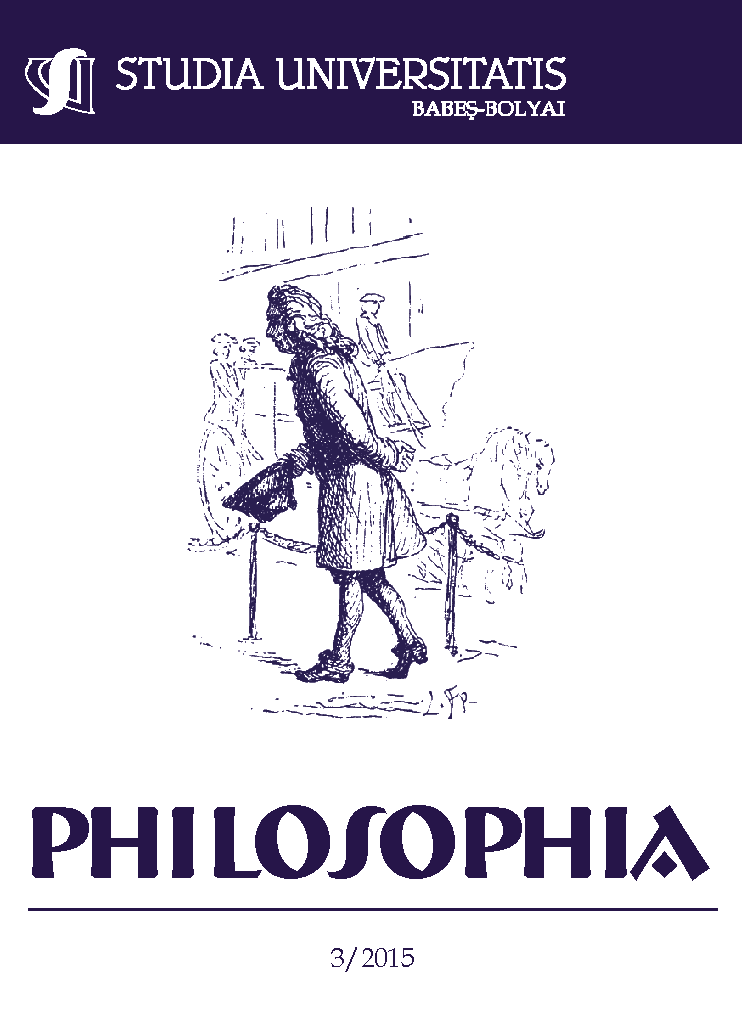PHILOSOPHICAL ASPECTS PRESENT IN QUESTIONS REGARDING MATHEMATICS TECHNOLOGY AND EDUCATION
Keywords:
mathematics education; technology; cyberspace; phenomenology; intentionality.Abstract
This article discusses how intentionality shows itself in cyberspace reality, where the phenomenon perceived stands out in the modern, contemporary life-world. We analyse the manifestation of human intentionality with the cybernetic life-world, based on a film (Dèjá vu, 2006), and underline the idea that this life-world we address sustains teaching and learning actions, among which to educate mathematically, to educate at distance and perceive the other as an equal, when being with the other who presents him/herself in the computer, through currently accessible gadgets. Moreover, we understand that this discussion opens new educational possibilities, to which we have to devote our attention.References
Bicudo, M. A. V., & Rosa, M. (2010). Realidade e cibermundo: horizontes filosóficos e educacionais antevistos. Canoas: ULBRA.
Déjà vu. (2006) Directed by Tony Scott; produced by Jerry Bruckheimer; screenplay by Bill Marsilii and Terry Rossio. Starring Denzel Washington; Val Kilmer; Paula Patton. [EUA: Touchstone Pictures / Jerry Bruckheimer Filmes / Scott Free Productions]. 1 DVD (128 min).
Heidegger, M. (1962). Being and Time. New York and Evanston: Harper & Row, Publishers.
Husserl, Edmund. (1970a) The Crisis of European Sciences and Transcendental Phenomenology. (translated by David Carr). Evanston: Nothwestern University Press.
_______. (1970b) Transcendental Phenomenology. Evanston: Northwestern University Press.
Downloads
Published
How to Cite
Issue
Section
License
Copyright (c) 2015 Studia Universitatis Babeș-Bolyai Philosophia

This work is licensed under a Creative Commons Attribution-NonCommercial-NoDerivatives 4.0 International License.





